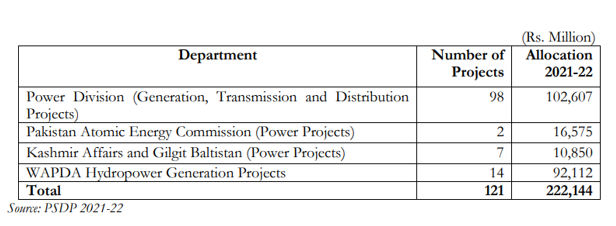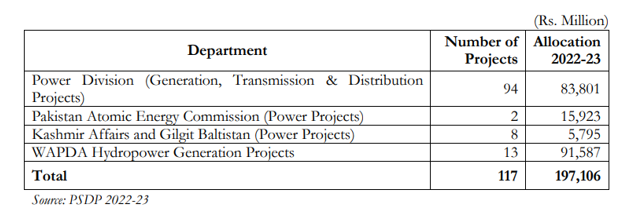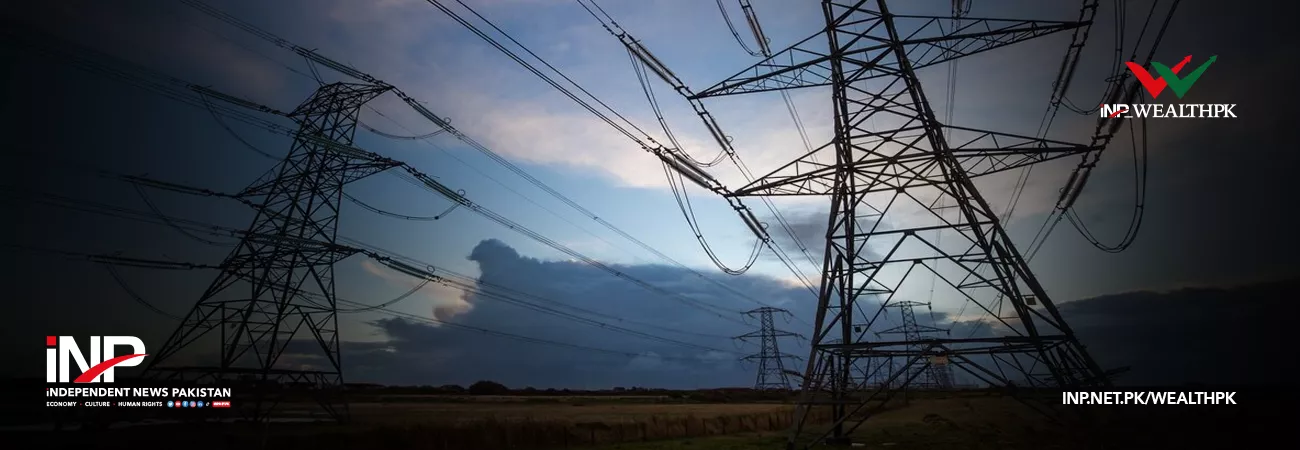INP-WealthPk
Ayesha Saba
Privatisation of the power distribution companies (DISCOs) can be a viable solution to the ongoing power distribution crisis in Pakistan, says an energy expert. "The government lacks the resources to carry out the upgradation of infrastructure on its own. The private sector can bridge the service delivery gap and help in overcoming financial constraints," said Afia Malik, Research Economist at the Pakistan Institute of Development Economics (PIDE), while talking to WealthPK.
"The main reason why the government has been unable to decrease transmission and distribution (T&D) losses is that the infrastructure has not been upgraded. The government always lays greater emphasis on the generation of electricity," she pointed out. Afia mentioned that the chronic issues of high T&D losses, low recovery of outstanding liabilities, and weak governance system have shackled the power distribution system of Pakistan.
"Unrealistic targets set by the regulator in respect of investments create an investment gap in DISCOs, and they fail to achieve desired results. Consequently, the circular debt is building up at an increasing rate," she said. Afia said Pakistan can generate more electricity than its requirement, so the focus should be directed to the T&D segment of the power sector. She said intervention at the policy and technical levels has become inevitable to resolve the issues of power sector.
"With privatisation of DISCOs, the private sector will pay attention to upgrading the power infrastructure. The revenues generated from privatisation can also be utilised for the upgradation of infrastructure," she said. Afia said it is pivotal to have a clear roadmap for the privatisation of DISCOs, and this roadmap should be finalised by the Privatisation Commission at the earliest in consultation with all stakeholders.
She said the energy mix for power generation will need to gradually move towards domestic coal, renewable and hydropower resources as cost-effective and sustainable options. "The government should also formulate short-term, medium-term, and long-term energy production plans in order to produce cheap energy for fulfilling the country's needs," she suggested.
Afia said Pakistan's policymakers should work to reduce the country's rising reliance on imported fuels. She said Pakistan has made a tremendous effort to cope with electricity shortages, but it still needs reforms. "This could be done in a number of ways, including switching towards indigenous energy sources by fully exploiting the considerable hydropower potential of the country, and by speeding up the development of proven local coal reserves," she added. According to the Annual Plan 2022-23 by the Planning Commission, Rs222.144 billion were allocated in the Public Sector Development Program (PSDP) 2021-22 for power sector projects, including self-financed projects by power sector corporations excluding the cost of independent power producers (IPPs).

An amount of Rs197.106 billion is proposed in the PSDP 2022-23 for power sector projects of generation, transmission, and distribution, including the government-budgeted, self-financed projects of power sector corporations excluding the IPPs.

Credit: Independent News Pakistan-WealthPk




